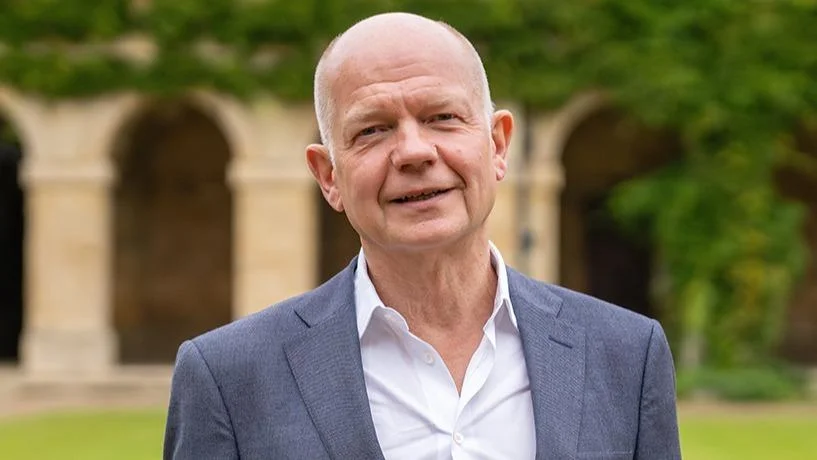A research team from Oxford has developed a framework aimed at addressing the challenges of modern slavery and human trafficking. This comprehensive framework was crafted for the Global Commission on Modern Slavery and Human Trafficking to assist international non-governmental organizations (INGOs) and civil society organizations (CSOs) in recognizing potential victims and understanding the societal norms that push individuals into exploitation.
Professor Andrew Thompson, along with his team, emphasized offering vulnerable communities safe and legal alternatives to prevent them from turning to risky survival strategies that might lead to trafficking. Thompson highlighted the collaborative nature of the project, stating, "This work was a collaboration between myself, my postdoctoral researcher, Dr Cesare Vagge, my doctoral student, Marly Tiburcio-Carneiro, and the former CEO of the British Red Cross, Mike Adamson CBE. It is testimony to what can happen when a tightly knit team of people come together to produce something which none of them could have achieved on their own."
The framework builds upon international agreements such as Article 4 of the UN Universal Declaration of Human Rights and focuses on historical and humanitarian insights. The research included data collection from INGOs like the United Nations High Commissioner for Refugees and the International Organization for Migration, alongside interviews with leaders and collaboration with numerous CSOs and trafficking survivors.
"A survivor, I see this Framework as a roadmap for prevention, one that helps us intervene before exploitation begins," said human rights activist Nasreen Sheikh.
Dr. Cesare Vagge described the framework as an analytical toolkit for national, regional, and international actors aimed at strengthening preventive measures against modern slavery and trafficking.
The development effort also included Marly Tiburcio-Carneiro, who noted, "Our goal was to synthesize and critically engage with this wealth of knowledge and experience to create a comprehensive, practical document that different stakeholders can actively use."
This framework was prepared by the Faculty of History and assisted by entities like Oxford's Humanities Division and Nuffield College. The team authored a chapter for a related report, stressing the importance of addressing trafficking and slavery amid crises and offering recommendations to enhance international humanitarian systems.
Adama Dieng, former UN Special Adviser, stressed the significance of awareness, saying, "The Prevention Framework serves as a crucial tool in combating modern slavery and human trafficking, by raising awareness and fostering community engagement. We aspire for it to empower individuals to recognize and report these injustices."
The team hopes these collaborative efforts will strengthen the global response to these human rights issues by facilitating practical and impactful systemic changes.

